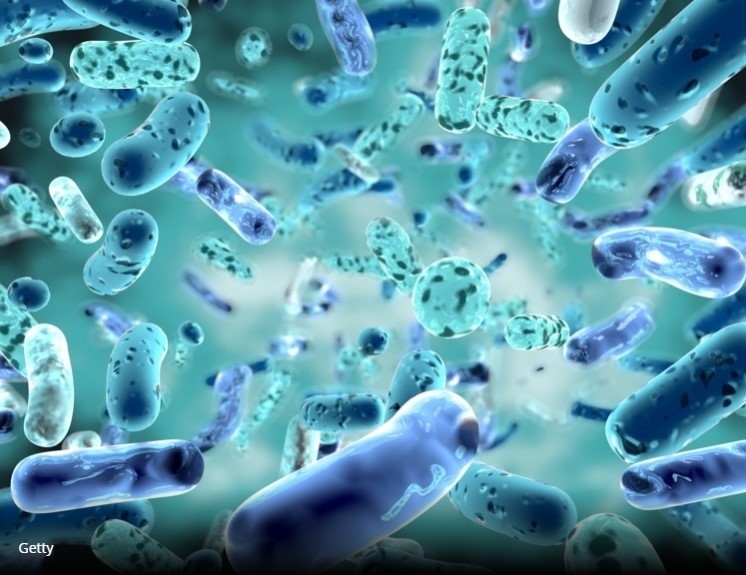‘Personalised probiotic cocktails’ could be the future in tackling gut dysbiosis, study finds

In a paper published in Nature Communications, the researchers present an algorithm to design a tailored treatment plan for patients with unhealthy gut microbiomes caused by rCDI.
“Designing a probiotic cocktail is challenging," says Yang-Yu Liu, assistant professor in the department of Medicine at the Brigham.
"All of the species in the cocktail interact within a complicated network. When we look at one species that directly inhibits the growth of C. difficile, we must also make sure that it does not indirectly promote growth of C. difficile through interactions with other species in the cocktail."
At the centre of the researchers’ investigations is an algorithm created to rationalise the design of probiotic cocktails that decolonise a pathogenic species.
The algorithm plays a key role in calculating the net impact of this cocktail on the growth of C. difficile, where the research team will look to refine it by removing those species that could have a positive net impact on the growth of C. difficile in the altered microbial community.
“The iterative nature of our algorithm might sound like a trial-and-error approach,” the team says.
“Here, we emphasise that this is really not the case, because we systematically considered the network effect during the iterations.”
Model and algorithm
The group from Brigham and Women’s Hospital and Harvard Medical School began by modelling a microbial community and simulating the FMT process of treating rCDI.
They then estimated how effective FMT would be at restoring the recipient's healthy gut microbiota, validating the modelling by analysing real-world data from a mouse model and from human patients.
The theoretical model aided the team in predicting what determines FMT efficacy as further findings revealed the treatment’s efficacy lessens as species diversity of the affected person's gut microbiome increases.
Further work resulted in the creation of an optimisation algorithm that could be used to design a personalised probiotic cocktail to help individuals with rCDI.
The model and algorithm combine to optimise the probiotic cocktail blend, ensuring the minimum number of bacterial species is included and complicated ecological network of the species firmly in mind.
The research ensures the cocktail blend only contains species that are effective inhibitors of C. difficile and can be safely administered to patients with rCDI in order to restore their gut microbiota.
"We now have an ecological understanding of FMT -- why it works and why it sometimes fails for rCDI," adds Liu.
"We can move forward to better understand the efficacy of FMT and how we can use it to treat other diseases associated with disrupted microbiota, such as Irritable Bowel Disease (IBD), autism and obesity."
FMT mech of action
Discussing the research’s possibilities, the team propose a mechanism of action of FMT that centres on the treatment’s ability to restore secondary bile acid metabolism, valerate and microbial bile salt hydrolases.
Further studies suggest the restored microbiota can inhibit C. difficile through competition for nutrients, antimicrobial peptides, and activation of immune-mediated colonization resistance.
The team also discuss the work’s limitations particularly the modelling framework that does not consider prebiotic design that can effectively restore healthy microbiota.
“We consider this will be a natural extension of our current modelling framework and deserves dedicated efforts in a future work,” the team says.
Further limitations focus on the impact of dietary intake and drugs on the host’s microbial composition, which the team admit its model does not consider.
“Carefully designed animal experiments and clinical trials will be needed to further validate our theoretical predictions,” the team concludes.
“Artificial guts (such as the gut-on-a-chip98 and the HuMiX99 system) would also be intriguing to test our predictions, though an important challenge still lies in further increasing their high-throughput analyses capacity.
“We hope this work will catalyse more collaborative works between modelers, microbiologists, and clinicians.”
Source: Nature Communications
Published online: doi.org/10.1038/s41467-020-17180-x
“An ecological framework to understand the efficacy of fecal microbiota transplantation.”
Authors: Yandong Xiao et al














